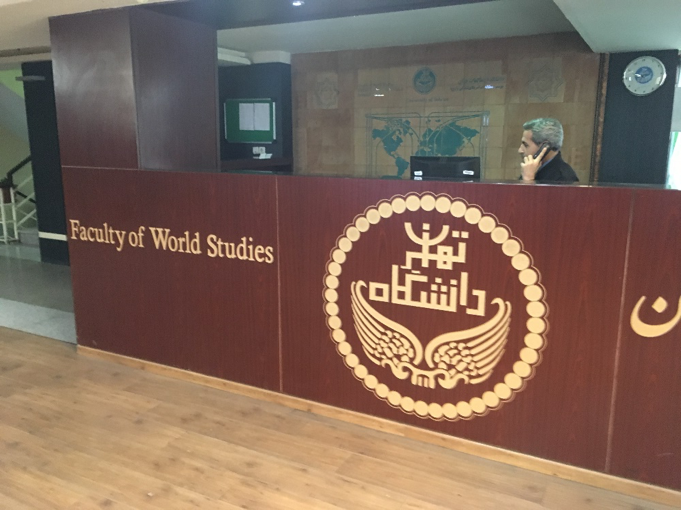Caught in a vicious circle between old-fashioned backwards oriented politics and nationalisms on the one hand and the lack of economic, educational and social perspectives on the other, young generations in the Balkans seem to be losing patience and when possible emigrating to the West in search for a better life. UN agencies and experts speak about a massive demographic revolution in Eastern and Southeast Europe that is changing society more than a majority of developments in the past. Meanwhile, democracies in the region are vulnerable and the EU integration process is not delivering fast results. 2018 was frequently described as the “Year of Hope” for EU enlargement and for a better future for the Balkans. The EU Commission presented a new enlargement strategy, only to be followed by the Balkan’s Summit in May 2018. As the EU presidency country of the second half of 2018, Austria worked towards keeping the region a high priority on the EU agenda. Yet, the question remains whether enthusiasm for EU enlargement can be restored. Pressured by the looming democratic and socioeconomic crisis in the Western Balkans as well as the return of a geopolitical power struggle to the region, it is obvious that a new momentum for enlargement and the overall political and socio-economic development of the region is much needed. Societies in the region are in dire need of alternatives and alternative progressive engagement and action.
Heinz Gärtner attends the Mediterranean Dialogues in Rome
Austrian Neutrality as a Model for the New Eastern Europe?
China verstehen 🎬
Lectures in Tehran: Heinz Gärtner
Heinz Gärtner visited Teheran and gave lectures at the Institute for Political and International Studies (IPIS), the School of International Studies, and the Faculty of World Studies at the University of Teheran. Below there is a summary of his remarks on the future of the Nuclear Deal (JCPOA) and possible US-Iran talks.
Policy paper: Settling the Ukrainian Crisis
Die USA nach den Wahlen 🎬
Unity and Disunity in Wider Europe: New Approaches to European Cooperation and Integration? 🎬
Vernissage "QUO VADIS" von Klaus Joachim Keller mit Musik und Gespräch zu Migration und Klimawandel 🎬
Am 8. Oktober fand im Zuge der Vernissage “Quo vadis” von Klaus Joachim Keller ein Gespräch rund um Migration, Klimawandel und das künstlerische Schaffen des Künstlers statt. Geführt wurde dieses mit Hannes Swoboda, Präsident des International Institute for Peace und ehemaligem Mitglied des europäischen Parlaments.











